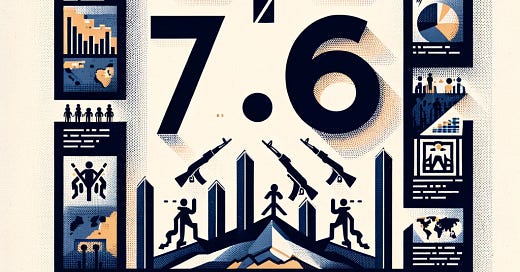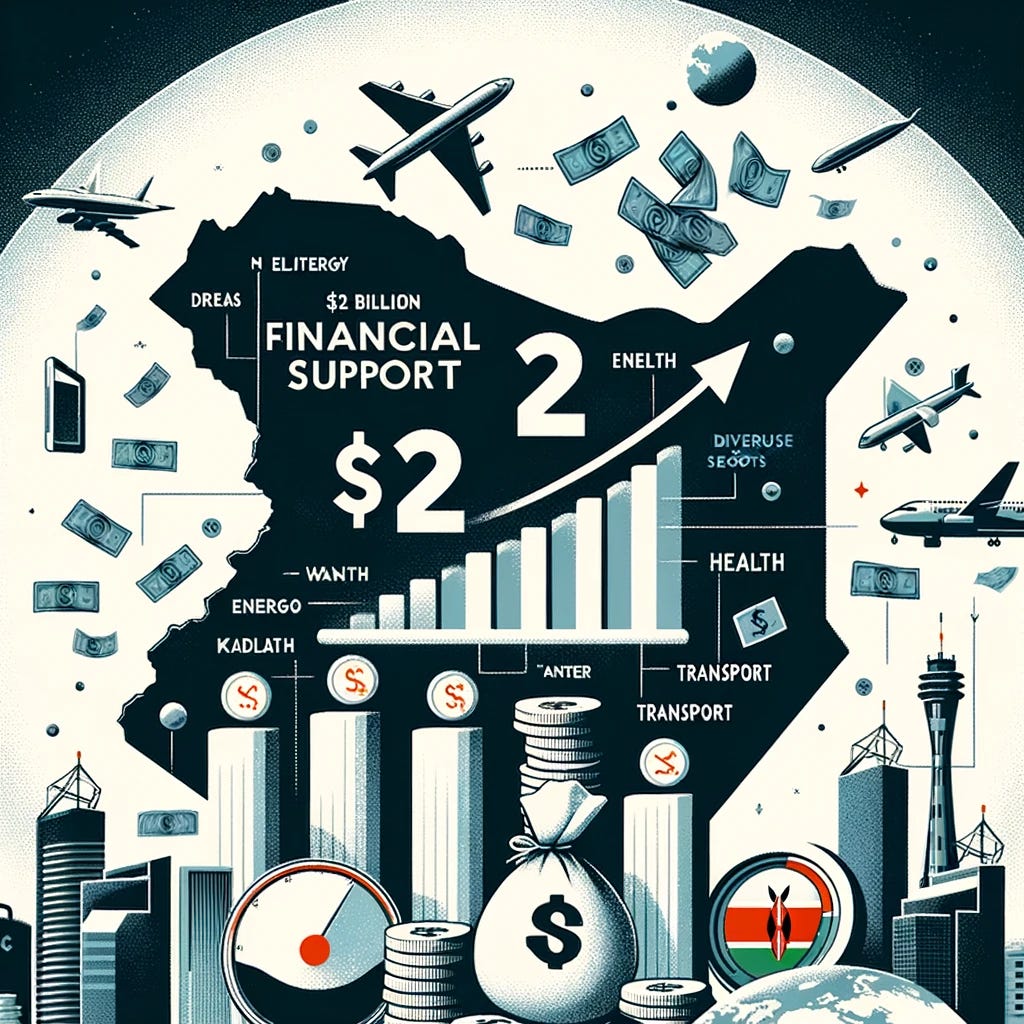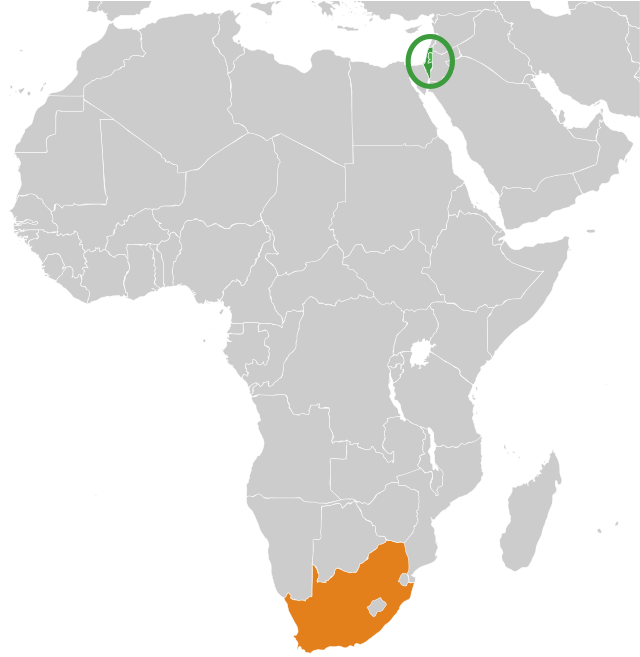🔅 The World Bank: A Recipe for Conflict or Development?
Plus: Israel and South Africa Breakup, Nigeria's Tax Revolution, World Bank Pledges $12 Billion to Kenya, And more...
Photo of the day
The Gambia

Money Matters
🟢 Nigerian SE: 71,066.64 (+0.08%)
🔴 Johannesburg SE: 74,321.48 (-0.20%)
— Ghana SE: 3,195.57 (+0.00%)
🟢 Nairobi SE: 90.76 (+0.41%)
🔴 US S&P 500: 4,535.86 (-0.25%)
🔴 Shanghai Composite: 3,067.93 (-0.01%)
Zambia: Zambia's central bank is taking some serious action to try and stop the kwacha from falling even further. They’ve raised the reserve requirement for local banks, which basically means they have to hold onto more money. This move is supposed to help stabilize the currency, which has fallen by more than 28% since mid-year.
*Data accurate as of the close of markets across the continent
Brief & Bright: Africa's Top Five
The World Bank's Investments in Developing Countries: A Recipe for Conflict or Development?
Is private investment the key to reducing conflict and achieving the Sustainable Development Goals in developing countries? The World Bank Group seems to think so—they're all about mobilizing public resources to attract more foreign direct investment. But critics, like community, labour, and human rights advocates, see it differently. They believe that the World Bank's investments are just another form of exploitation in the developing world. To get to the bottom of this debate, a group of researchers took a deep dive into the International Finance Corporation's (IFC) projects, the private sector arm of the World Bank Group. They found that, on average, for every IFC project, there were 7.6 additional armed conflict events in the following year. That's a lot, people. And the IFC's mitigation measures to address social and environmental risks? Not so effective. Basically, the IFC may be prioritizing their own profits over the well-being of the communities they invest in.
World Bank Pledges $12 Billion to Kenya
Kenya is getting a major financial injection from the World Bank. The bank has promised to provide $12 billion over the next three years, saying it is to help Kenya become an upper-middle-income country by 2030. That’s a lot of dough! It couldn’t come at a better time—Kenya’s finances have been strained due to COVID-19 and droughts. The money will go towards a wide range of sectors, like energy, health, transport, and water. This news comes on the heels of the International Monetary Fund agreeing to give Kenya another $682 million and increasing its current lending program by $938 million. What other conditions have been placed on this support?
Ethiopian Airlines' Bold Move: Ordering More Boeing 737-8 MAX Jets
After a fatal crash in 2019 near Addis Ababa, the Boeing 737-8 MAX jets were grounded worldwide. But Ethiopian Airlines has decided to give them another chance and has placed an order for 20 of the jets. Their CEO says they've checked and confirmed that the "design defect" has been fixed. In addition to the 737s, they've also ordered 11 787-9 Dreamliners, with plans to potentially purchase more in the future. Ethiopian Airlines is Africa's biggest airline, and it looks like it's aiming for even more growth with these new orders.
Nigeria's Tax Revolution: From 60+ Taxes to Less Than 10
Nigeria's tax system is like a complicated math equation with way too many variables. However, the government is trying to simplify things by reducing the number of taxes from over 60 to less than 10. They're hoping this will make it easier to do business and bring in more revenue. Currently, Nigeria's tax-to-GDP ratio is one of the world's lowest at 10.8%, so they're relying on borrowing to fund their budget. Plus, having so many taxes and different agencies collecting them just adds to business costs and discourages investment. The plan is to clarify which level of government should collect which taxes and hopefully avoid any more disputes like the one between Lagos and the federal government over who gets to collect value-added tax.
Israel and South Africa: A Breakup In The Making
Israel has recalled its ambassador from South Africa "for consultations" following "critical statements" from the country about Israel's military actions in Gaza. This comes as South Africa urged, earlier this week, for the International Criminal Court to issue an arrest warrant for Israeli Prime Minister Benjamin Netanyahu. Minister in the Presidency Khumbudzo Ntshavheni said that a failure to do so would be a "total failure" of global governance. Meanwhile, South Africa's parliament has voted to close the Israeli embassy and suspend all diplomatic relations until Israel agrees to a cease-fire and commits to UN-facilitated negotiations. Israel launched a major military campaign in Gaza after a cross-border attack by Hamas, resulting in thousands of deaths and a UN call for humanitarian pauses. South Africa has long been a vocal supporter of the Palestinian cause and has criticized Israel's response as "collective punishment." Israel, on the other hand, claims it is acting in self-defence.
Food for Thought
“Do not blame God for creating the tiger, just thank Him for not giving it wings."
— Ethiopian Proverb








